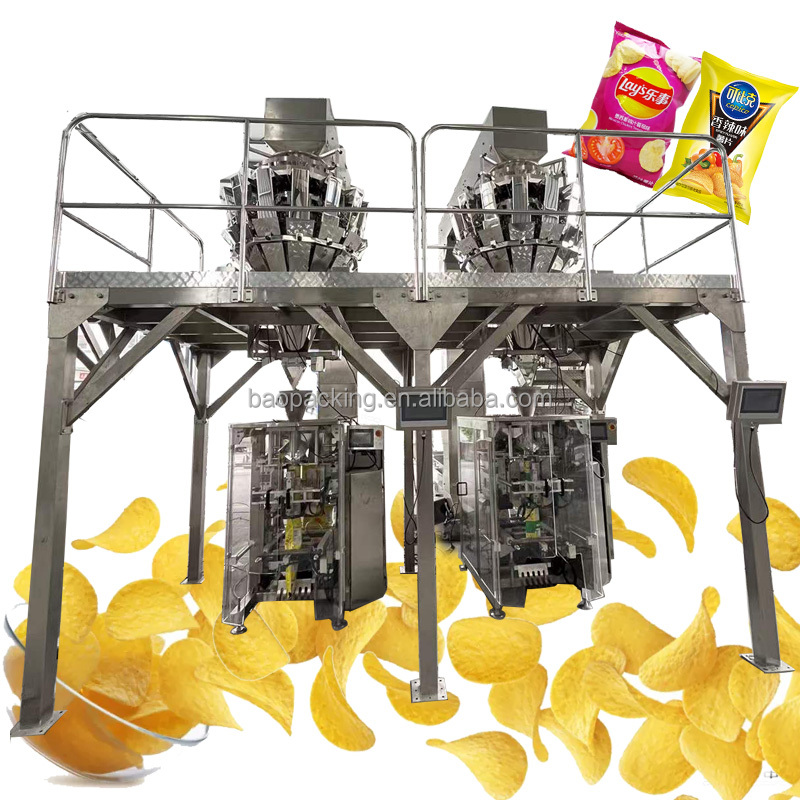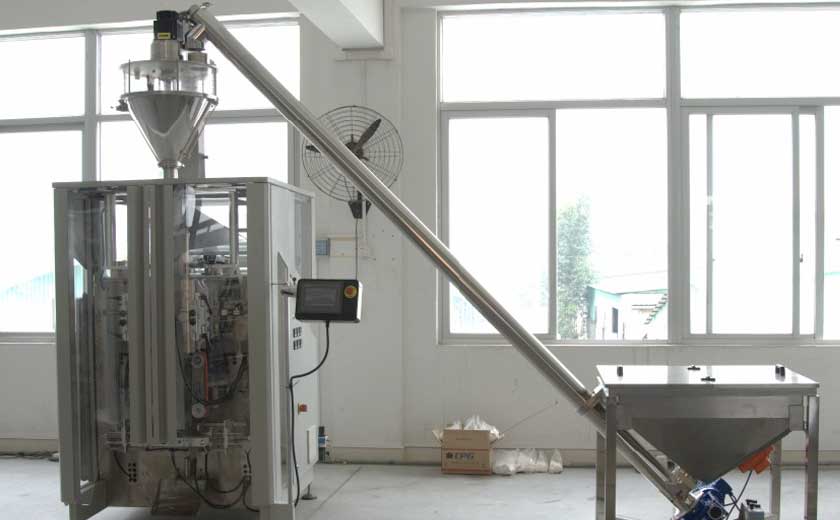How to Optimize Your Liquid Sachet Packing Machine for Various Sachet Sizes
In the competitive packaging industry, efficiency and versatility are crucial for success. Liquid sachet packing machines play a pivotal role in producing single-serve packets of liquid products, ranging from beverages to pharmaceuticals. To maximize the performance of your liquid sachet packing machine and cater to diverse customer demands, it is essential to optimize it for handling various sachet sizes.
Machine Adjustability
The ability to adjust the machine to accommodate different sachet sizes is paramount. Modern liquid sachet packing machines often feature adjustable filling nozzles and forming systems.
– Nozzle Adjustment: The filling nozzle should be adjustable in height and angle to ensure precise filling across different sachet sizes.
– Forming System Adjustment: The forming system, which creates the sachet shape, should be adaptable to varying widths and heights to accommodate different capacities.
Film Compatibility
The type of film used for the sachets can influence the machine’s performance.
– Film Thickness: Thicker films require higher sealing temperatures and longer sealing times.
– Film Material: Different film materials, such as polyethylene (PE) and polyamide (PA), have different sealing properties and mechanical strengths.
– Film Width: The machine should be compatible with a range of film widths to accommodate different sachet sizes.
Seals Quality Control
Maintaining a consistent and hermetic seal is crucial for product integrity.
– Temperature Control: Precise temperature control is essential to ensure proper sealing and prevent leakage.
– Seal Pressure: The machine should be able to apply optimal sealing pressure to achieve a secure and leak-proof seal.
– Cooling System: A proper cooling system helps solidify the seal and prevent deformation.
Automatic Size Changeover
For efficient production, automatic size changeover is highly desirable.
– Recipe Presets: The machine should allow users to store and recall predefined recipes for different sachet sizes.
– Sensor Integration: Sensors can detect the size of the incoming film and automatically adjust the machine settings accordingly.
– Quick Changeover: The time required to switch between different sachet sizes should be minimized to reduce downtime.
Maintenance and Calibration
Regular maintenance and calibration are essential for optimal performance.
– Cleaning: The machine should be cleaned regularly to prevent product buildup and ensure hygiene.
– Calibration: Periodic calibration ensures accurate filling, sealing, and size adjustments.
– Preventive Maintenance: Scheduled maintenance helps identify and address potential issues before they lead to malfunctions.
By implementing these optimizations, manufacturers can enhance the efficiency and flexibility of their liquid sachet packing machines. This translates into reduced production costs, increased productivity, and the ability to meet the diverse demands of the market.
-
Overview of Packaging Machine Buying Guides
08-01-2024 -
How Does a Vertical Form Fill Seal Machine Work?
30-10-2023 -
Advancements in Auger Powder Filling Technology
27-10-2023 -
A Deep Dive into Automatic Packaging Machines
26-10-2023 -
The Revolutionary Fully Automatic Potato Chips Packaging Machine
20-09-2023 -
How to choose the right packaging machine?
23-08-2023 -
Reducing Waste And Maximizing Yield With Multihead Weigher Machines
15-03-2023 -
Nuts Packaging Machine for Dry Products Perservation
26-11-2022 -
Is Automated Biscuit Packaging Machine Better Than Manual Opeartion?
25-11-2022













